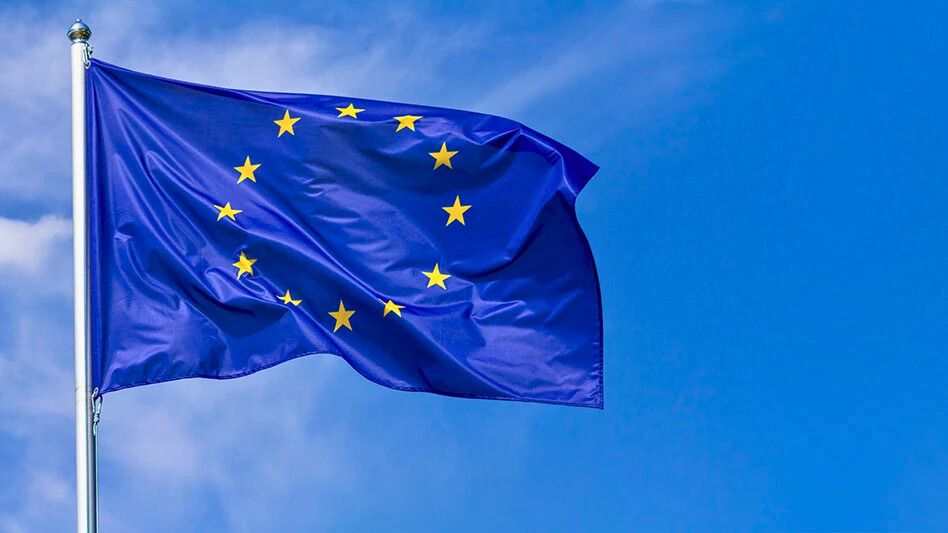In response to the European Commission’s activation of customs surveillance on recycled metals, the European Recycling Industries’ Confederation (EuRIC) has expressed support for smarter oversight but cautioned against rushed trade measures. The Commission’s recent decision targets recycled steel, aluminium, and copper, but EuRIC emphasizes the importance of ensuring that these measures are fact-based and aligned with circular economy principles.
EuRIC’s President, Olivier François, noted the need for a thorough assessment that includes the monitoring of both recycled metals and primary materials, such as iron sponge and Direct Reduced Iron (DRI), which have seen significant increases in imports. According to François, overlooking these factors could unintentionally undermine the European recycling industry’s competitiveness without improving the availability of circular materials for manufacturers in the EU.
The Confederation has repeatedly highlighted that the export of recycled metals has been crucial in sustaining the European recycling sector, which is dealing with declining domestic demand. While EuRIC acknowledges the unfair competition faced by EU producers of aluminium and steel, it stresses that any solutions should not come at the expense of the recyclers who have been vital in supporting the circular economy.
Another concern raised by EuRIC involves the Commission’s assertion that the EU is experiencing a decline in the availability of scrap metal for recycling due to “scrap leakage” to third countries. EuRIC points out that European recyclers play a crucial role in processing metallic waste into recycled metals, which help replace or complement the raw materials used in steel, aluminium, or copper mills. Over the years, significant investments have been made in the recycling infrastructure, with over €9.3 billion invested since 1975, which has positioned recyclers as the backbone of Europe’s circular economy.
EuRIC has urged the Commission to consider the differences in quality between exported materials and those demanded locally, as well as the projected demand in Europe. It also raised concerns about the limited tracking of imports and exports, particularly in the case of aluminium and copper, where only a few of the relevant CN codes have been used.
Looking ahead, EuRIC encourages the EU to avoid measures that could harm long-established trade partnerships or fail to increase the use of recycled metals locally. The Commission is expected to evaluate the situation and assess whether targeted trade measures are needed by the end of Q3 2025. Throughout this process, EuRIC and its members will continue to engage with the Commission to ensure that any future measures are both informed and proportionate, supporting Europe’s green transition and industrial ambitions.
